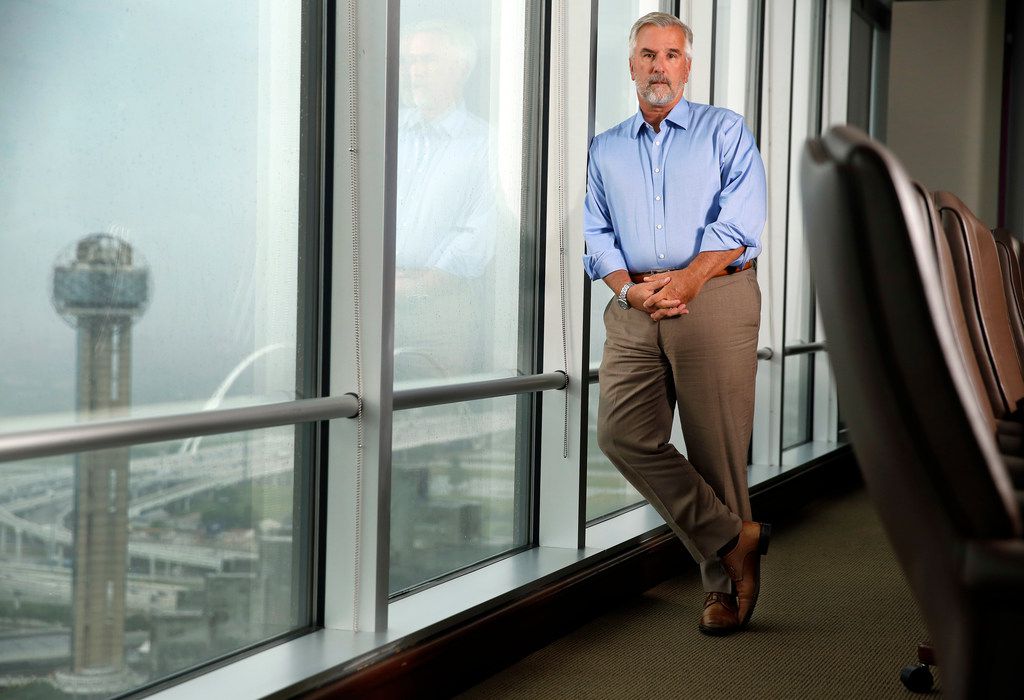Louisiana is the newest state to introduce legislation which would mandate coronavirus business income coverage. No state legislature has taken a final vote on these bills. One has to wonder if these are made for political pressure or could simply be political opportunism.
One article in Law360, Don’t Assume Physical Loss Language Bars Virus Coverage, seemed to give some optimism to the premise of coverage. Here is part of the article regarding civil authority:
Civil Authority and Physical Loss
Where most damage to business is currently occurring in the wake of the shelter-in-place orders around the country, an immediate question is whether or not these orders will create business income claims that fall under the civil authority coverage provided in many commercial policies.
Business interruption claims after evacuations provide a window into how courts may view such claims. Results have varied around the nation.
Georgia held that business income loss related to an evacuation in expectation of a hurricane was a covered loss, as a civil authority determined that buildings needed to close to protect against expected harm as seen in other areas first hit by the hurricane.1
Texas courts, meanwhile, came to the opposite conclusion, holding that the threat of damage did not meet the policy requirements of direct physical loss to other premises.
A court in South Dakota held that where a town was evacuated due to approaching wildfire, the civil authority order to evacuate the town would have been covered as anticipating physical loss (had it not been for a 72 hour waiting period in the policy), but not the days after the order was lifted where many roads were still closed, as there was no order prohibiting customers from coming to the business.2
After the 9/11 terrorist attacks, some businesses made claims for business income interruption due to civil authorities shutting down the airlines, which impacted their businesses in airports or in the travel or hospitality industries. Courts across the nation uniformly held that the link there was too tenuous, because while the Twin Towers had been destroyed, the civil orders grounding flights did not prohibit people from visiting the premises of the harmed businesses.
Stacy Tucker also made these comments suggesting that the proposed legislation is not helpful to policyholders in future litigation:
Meanwhile, in the past two weeks, lawmakers in New Jersey, Ohio and Massachusetts have introduced bills in their state legislatures to retroactively mandate that commercial business interruption policies include COVID-19 as a covered loss. While these efforts demonstrate the widely held belief that insurance should provide coverage for COVID-19 claims, the bills may be unnecessary.
They may even prove harmful to insureds seeking coverage, as the lawmakers’ efforts suggest that currently there may be no coverage, a legal conclusion that no court has yet reached.
Will courts only find viral contamination if there is proof that a sick worker was in the building? Will the illnesses and deaths of thousands of Americans be enough to constitute physical loss at other premises, thus triggering the civil authority coverage? These questions will be at the forefront of litigation on this subject and the answers are not yet clear.
The only answer that is clear? It is a mistake to assume that COVID-19 business interruption claims will be denied by the courts simply because they are not based on structural physical damage.
Thought For The Day
Nothing in life is to be feared, it is only to be understood. Now is the time to understand more, so that we may fear less
—Marie Curie
___________________________
1 Assurance Co. v. BBB Service Co., 593 S.E.2d 7, 265 Ga. App. 35 (Ga. App. 2003) .
2 By Development, Inc. v. United Fire & Cas. Co., No. 04-5116, 2006 WL 694991 (D. S.D. Mar. 14, 2006).




